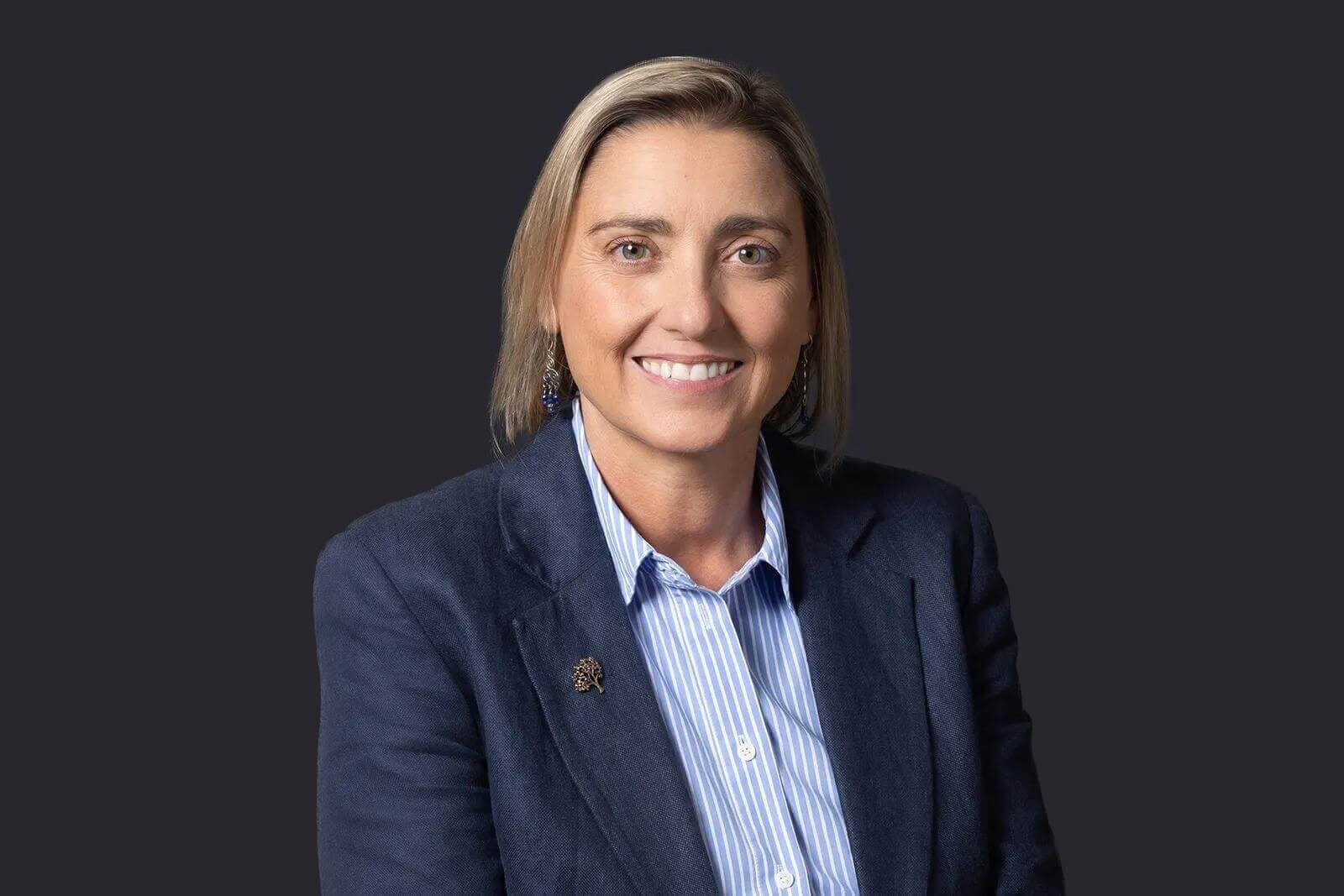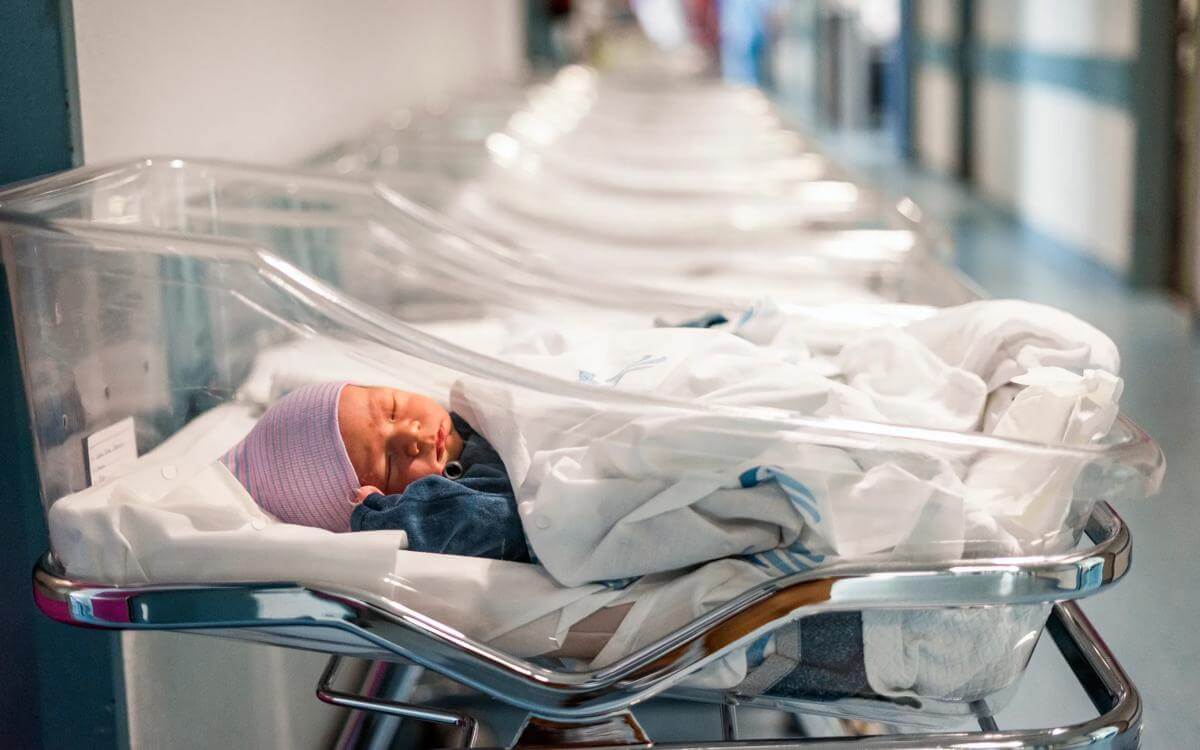Shared Insights: Managing complex patients
These insights were shared at our fortnightly online forum for NHS professionals on 9 February 2021. To find out more please visit our Shared Insights hub.
Rebecca Fitzpatrick, Partner at Browne Jacobson is one of the leading national specialists in mental health law. She spoke about the main challenges faced in complex cases when patients present to acute Trusts but also have complex mental health needs.
Lisa Newboult, Named Professional Safeguarding Adults and Mental Capacity Act at United Lincolnshire Hospitals NHS Trust (ULH) provided an Acute Trust’s perspective and explained some of the practical measures put in place at ULH to help staff improve patient outcomes.
Dr Adaeze Bradshaw, Clinical Director and Consultant Psychiatrist at Lincolnshire Partnership NHS Foundation Trust shared her experiences as a Community Psychiatrist dealing with eating disorders and Child and Adolescent Mental Health Services (CAMHS). She set out some of the steps taken within her Trust when managing these complex cases.
Following the discussion during the call, Browne Jacobson will be facilitating a regular Shared Insights Forum for Safeguarding Leads and anyone involved in managing complex patients. More details to follow and if you would like to be included on the invitation list for this forum please let us know. In the meantime, the Shared Insights from the session are set out below.
The Shared Insights were:
- There is sometimes a period of time whilst waiting for a mental health bed to become available when staff at acute Trusts are required to manage difficult situations and this can place demands on staff.
- There are different legal frameworks to use in these scenarios depending on the patient’s age, mental capacity and whether the patient has a mental disorder that meets the statutory criteria for detention under the Mental Health Act.
- If dealing with adults and young people (aged 16 or over) the Mental Capacity Act 2005 legal framework should be followed where the patient lacks capacity to make the relevant decision.
- For adults aged 18 or over the Deprivation of Liberty Safeguards legal framework is also available where the required care plan amounts to a deprivation of liberty (DoL).
- When dealing with children under 16, the relevant legal framework includes consent provided by a Gillick competent child to a particular intervention or care plan, consent of a person with Parental Responsibility where the relevant decision is within the Zone of Parental Control, decisions to safeguard the welfare of the child under the Children Act 1989 and the applicable guidance set out in the Mental Health Code of Practice 2015 for children who have a mental disorder.
- Where the care plan of a young person aged 16 or 17 amounts to a DoL and the MHA is not appropriate, an application to the Court of Protection, the High Court or the Family Court is likely to be required to authorise the arrangements. This may also be the case for younger children in the care of the Local Authority or whose care plan involves a high degree of restriction or restraint and the MHA is not appropriate.
- In addition, there are a number of other miscellaneous legal powers that may allow staff to take appropriate and proportionate steps to manage an emergency situation.
- If a patient is being restrained, staff should have received appropriate training and policies should reflect the best practice guidance. Using excessive or inappropriate restraint could leave you liable to a range of civil or criminal penalties.
- The decision to go to court is case specific but is likely where the care plan amounts to a DoL which is not covered by the DoLS or MHA legal framework, where the care plan includes a high level of restriction or restraint (such as forced feeding) and the MHA is not appropriate, where the treatment issues are finely balanced or there is disagreement about the best way forward and the MHA is not appropriate.
- Lisa Newboult is involved in these complex cases at an early stage, and ward managers escalate direct to her. She goes to the ward and is involved in drawing up pathways for managing complex patients and forming and documenting care plans in the medical records that frontline staff can follow in individual cases.
- Collaborative working and co-ordination between the Mental Health Trust and the acute Trust is key. Lisa shared that she has seen a huge improvement in working relationships across the acute and mental health Trusts in Lincolnshire, which ultimately leads to better patient outcomes. This has included:
- Developing good relationships with mental health colleagues, so that staff can call and chat things through with them and call MDT meetings quickly if cases require it. MDT decisions are made about whether the MHA or MCA apply and where the acute staff fit in with that.
- The Trust’s children’s matrons have conversations with mental health professionals weekly to get a heads up of patients who may come into hospital to allow planning in advance. Co-ordination between staff (both front line and strategic) also helps.
- Often staff in acute wards are not trained to deal with mental health patients so the Trust makes sure senior staff are aware and brings in mental health colleagues to provide support where required.
- Whilst there is no magic wand, Lisa explained that these steps have seen a huge improvement in working relationships which leads to a better outcome for patients.
- One practical tip from Lisa was that if required to go to Court, a Judge will scrutinise every element of what the Trust has done and so detail from professionals involved is key. MDT minutes and documentation of the view of different professionals can be invaluable.
- Dr Adaeze Bradshaw explained that a lot of community patients need to use acute beds whilst waiting for specialist mental health beds. These patients should still receive a high-quality service. If a patient is detained under the MHA, they should be able to access the same support that they would if detained in a Mental Health Trust bed. This requires a care plan written by the mental health team highlighting how often the patient will be reviewed by mental health nurses, the psychiatrist, and frequency of MDT as well as de-escalation strategies and contact numbers.
- Dr Bradshaw noted how important it is to provide support, relevant on the job training and clear governance for staff dealing with these complex patients in an acute setting. Mental Health staff should be made available to the ward manager to provide input and support with complex cases. A de-brief after the case is concluded is also very important as staff can sometimes be deeply affected by managing these complex cases.
- Organisations should ensure that there is a clear Service Level Agreement (SLA) and patient pathway for these complex patients and that policies around detaining patients on medical wards whilst waiting for specialist beds are fit for purpose.
- Dr Bradshaw highlighted some useful resources during the call to help staff deal with complex patients such as the MARSIPAN guidance and the CQC guidance on assessment of mental health patients on an acute pathway.
- Dr Bradshaw stated that her key takeaway point is to ask your Trust what is the SLA for managing these patients and is it fit for purpose for all patients including those with eating disorders, CAMHS and admissions to acute wards whilst waiting for a specialist mental health bed.
Speaker

Rebecca Fitzpatrick
Partner
Shared Insights
Our monthly forum connecting health and care leaders and professionals to discuss challenges and share solutions.
Contacts

Mark Hickson
Head of Business Development
onlineteaminbox@brownejacobson.com
+44 (0)370 270 6000

Nicola Evans
Partner
Nicola.Evans@brownejacobson.com
+44 (0)330 045 2962








































